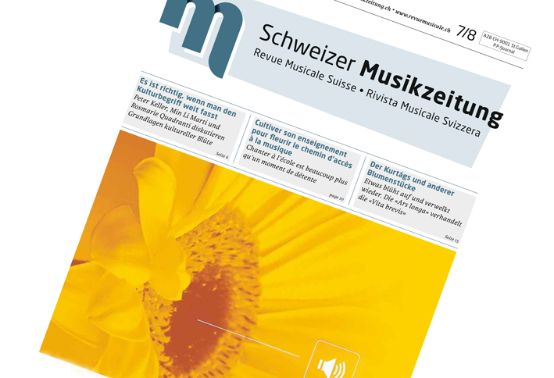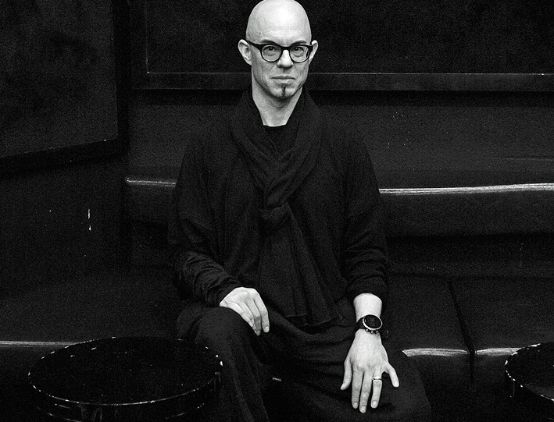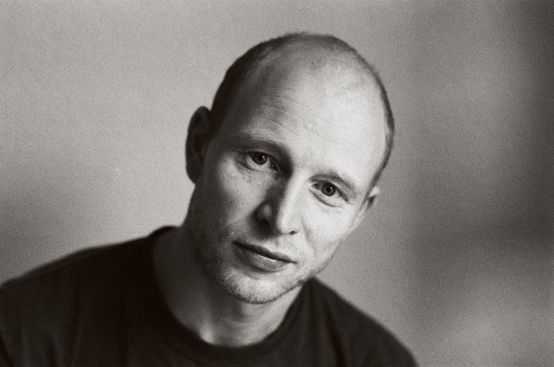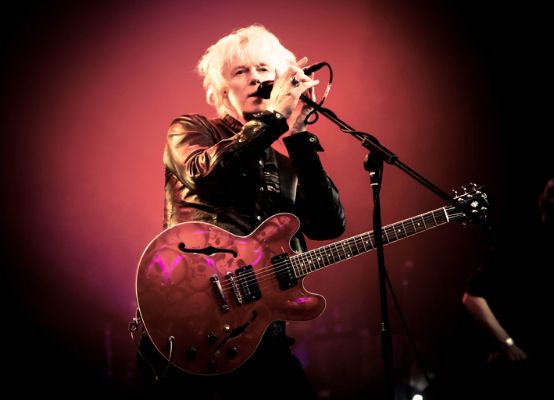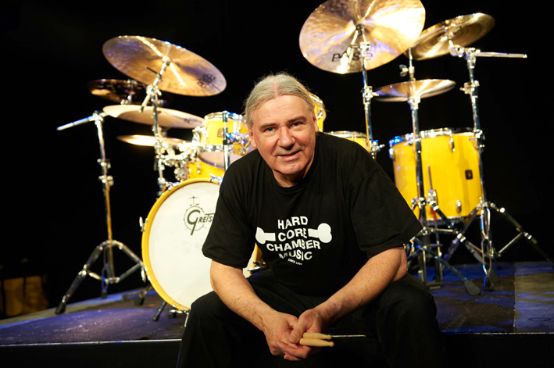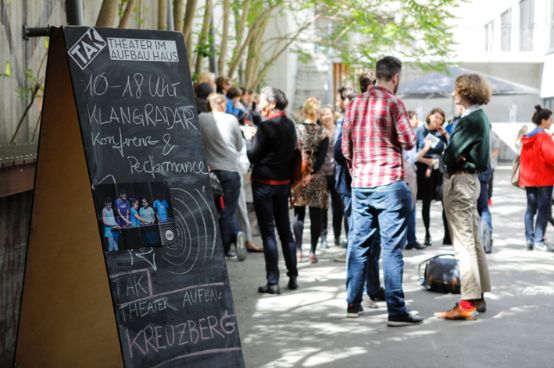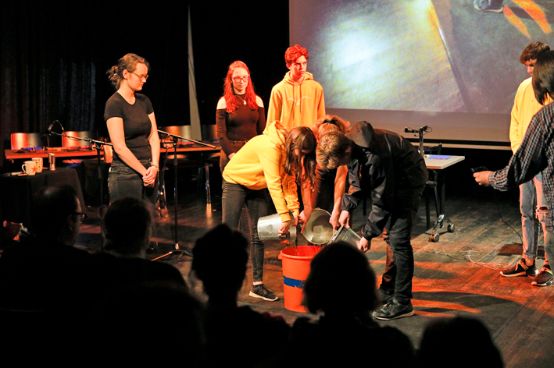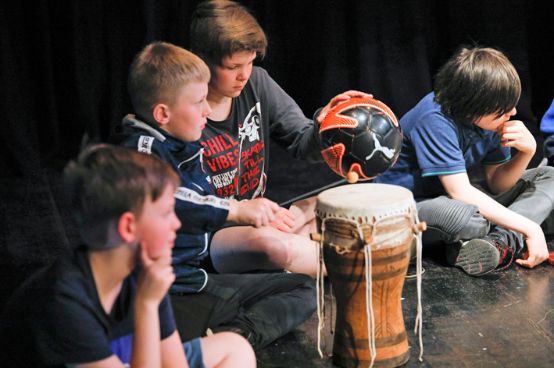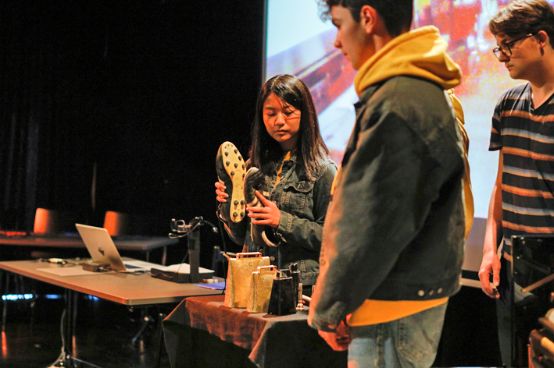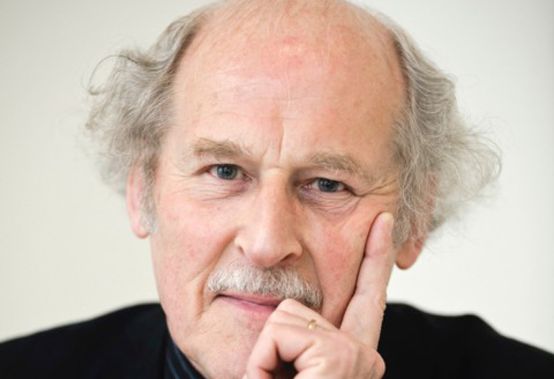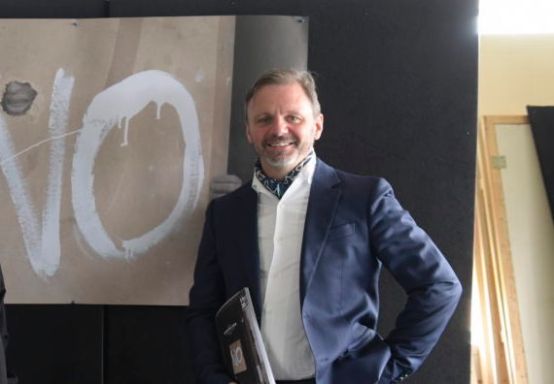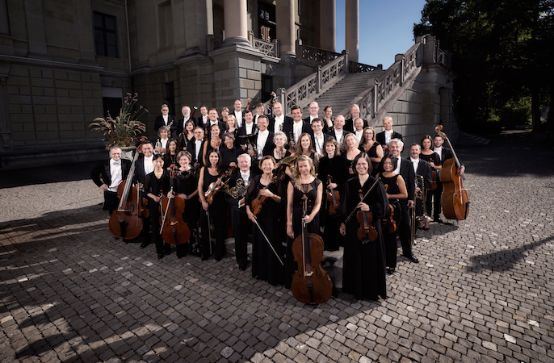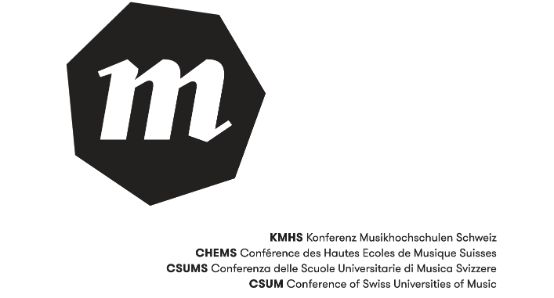
The Haute Ecole de Musique Vaud Valais Friborg (HEMU) is an educational institution recognized for its demanding and comprehensive training, as well as for its complicity with professional circles and its commitment to musical life. Multidisciplinary and multi-style, it covers all training profiles in classical, jazz and contemporary music. The HEMU is located in the heart of Europe and French-speaking Switzerland, and offers university-level education to more than 500 students of 39 different nationalities. Emphasizing both theory and practice, its Bachelor's and Master's study programs are established in such a way as to promote good access to the professional world. Its teaching staff, made up of many internationally renowned artists, guarantees its students high-level supervision. Historically present in the Lausanne Conservatory (before the Bologna reform), classical music has been taught at the HEMU for more than 150 years. Alongside it, the jazz and contemporary music departments, offered exclusively in French-speaking Switzerland, were created in 2006 and 2016 respectively. tradition, creation, research and development always with the aim of achieving, and helping to achieve, excellence. Each year, the HEMU produces more than 300 public performances: concerts, workshops, etc. The masterclasses given by prestigious musicians and the partnerships concluded with world-renowned institutions provide students with rewarding educational experiences and, above all, allow them to create a network. Its Bachelor and Master studies are accredited by the Swiss Confederation and recognized internationally. Since 2009, the HEMU has been part of the 'Music and Performing Arts' area of the Western Switzerland University of Applied Sciences (HES-SO), the largest network of higher professional training in Switzerland, which had nearly 21,000 students. at the start of the 2018-2019 school year.
Matthias von Orelli - Noémie L. Robidas, violonist and until now Director of the Living Spectacle Department of the Toulouse Institute of Fine Arts, is the new General Director of these two institutions. Québécoise, she is the beneficiary of a wealth of professional experience as a musician, teacher, researcher and director of the establishment.
Madame la Directeur, I am delighted that you have taken the time to talk to us. You took over the management a few months ago. What are your first impressions?
I am happy and delighted to be at the bar of such a great musician who welcomes musicians from a very young age until they receive their Master's degree. I have the impression of being able to contribute to an ecosystem of music. I found the professorial and administrative teams motivated and ready to work at the HEMU-CL. I also got to know the students, who are many and full of talent! This is a great source of inspiration for me!
You have known Switzerland for a long time. Has your perception of the country changed since you took up this new post?
Switzerland is a country where I've been living permanently for a dozen years and which I actually feel close to, probably because of my Swiss origins. However, from a professional point of view, I feel more at home in the Swiss countryside than in France, where I spent the last 7 years. I believe that this is due to the fact that the values of simplicity and accessibility to the hierarchy have been restored there, but this doesn't mean that the functions are disrespected. I also hope to see this collective search for consensus in Switzerland. However, the emphasis is different! (rires)
You are confronted with an institution that has gone through a period of crisis and tension, which has forced the former director to resign. Has this affected your work?
I would like to inform you that this does not affect my work at all. I'll help the team to hoist the big cloud after the break. Some people are still worried that the wind will blow again, but that's normal. What I sense is that the whole world wants to see what's ahead! This accompaniment to change is inherent in all new governance, it is a challenge that I am ready to tackle!
Différences et similitudes
You are originally from Canada and have been working in France for a long time: what are the differences - or similarities?
I got to know the music scene in Switzerland through the network of conservatories and music schools, where I had the opportunity to continue my training for many years. I was also initiated into the new developments in music at the school after a 6-month replacement at the HEP-Bejune. As far as the musical scene itself is concerned, I would like to get to know it now. I think that musicians in Switzerland, like in Europe, have the chance to have the support of the state, many musical structures and a public that appreciates art and culture. In the North of America, musicians often have to carry out all their projects and initiatives independently. Entrepreneurial qualities are almost as important as talent for a musician's success.
You have a very international career. How do you perceive the Hautes Ecoles de Musique Suisse in an international comparison?
There are many establishments that offer high quality training programs which, according to me, are highly competitive internationally, which also explains our great attractiveness and the fact that our students come from all over the world!
The Swiss music schools are also facing some major challenges. What are the most important and urgent ones in your opinion?
I believe that the main challenge for the future of our schools lies in their ability to adapt to a constantly changing professional environment. Our higher education institutions must not only be attuned to the needs of their students, but also anticipate the context in which their graduates will be confronted in the next 10-15-20 years. Nowadays, it is no longer enough to be an excellent instrumentalist to succeed and live music. It is therefore necessary to provide our students with a wide range of skills to ensure their professional success. To this end, we must also question certain of our pedagogical habits and revise our study plans carefully.
Recently, a Swiss journal declared that many musicians often live for music, but not from music. In Switzerland, few people choose music as a profession. On the one hand, this is due to the fact that children in Switzerland are not specialized from a very young age, which is essential for music, but they are offered different options. On the other hand, many Swiss people are not only able to live "for" music, they want to live "from" music. Where do you see your school in this context?
This is a big question! I believe that the HEMU-CL has a role to play in boosting the Swiss music ecosystem in Switzerland by better supporting the talents of the region. Present in the cantons of Vaud, Valais and Fribourg, I believe more than ever that the HEMU-CL must act in synergy with conservatoires and music schools so that we can create a desire among young people to surpass themselves by providing them with models, by creating mentoring systems, by encouraging the teachers and directors of the various institutions to work even harder in the classroom. We need to find ideas of competition for ideas of complementarity.
Digitalization is an omnipresent topic. Where do you see the opportunities of this technology for your high school?
I would like to point out that we are a little behind schedule on this front. Whether it's digital learning environments, applications, the creation of digital learning communities or working in a recording studio, there are several opportunities to explore that are efficient and much more accessible than one might think. Furthermore, we will be inaugurating a large-scale studio in Flon this spring! However, we must ensure that all these technological innovations remain at the service of education and music.
Dialogue constructif
You said that you want a constructive dialog within the institution and that innovation and creativity are just as important to you as excellence. What does this mean in terms of concrete implementation?
I believe that today we do not represent all the ecological and social issues of the future. In this sense, while excellence remains for me a fundamental value for the HEMU-CL, it seems to me primordial to create musicians who are more open to the issues of the world today and capable of contributing to the evolution of our society through their art. Concretely, we must teach them to diversify their practices in terms of aesthetics, we must provoke encounters with other forms of art, with contemporary creation, with diverse publics. The students must certainly learn to defend a musical heritage, an aesthetic and their instrument, but they must also develop an inventiveness that must always be renewed. This is one of our biggest challenges as a school!
Although I like several musical styles, my heart always comes back to an inexhaustible source of inspiration: Jean-Sébastien Bach... and, being a trained violinist, when I have a little free time (laughs), I dive back into happiness in the manuscript version of his Sonatas and partitas. His simple pen already lets the music be heard.
